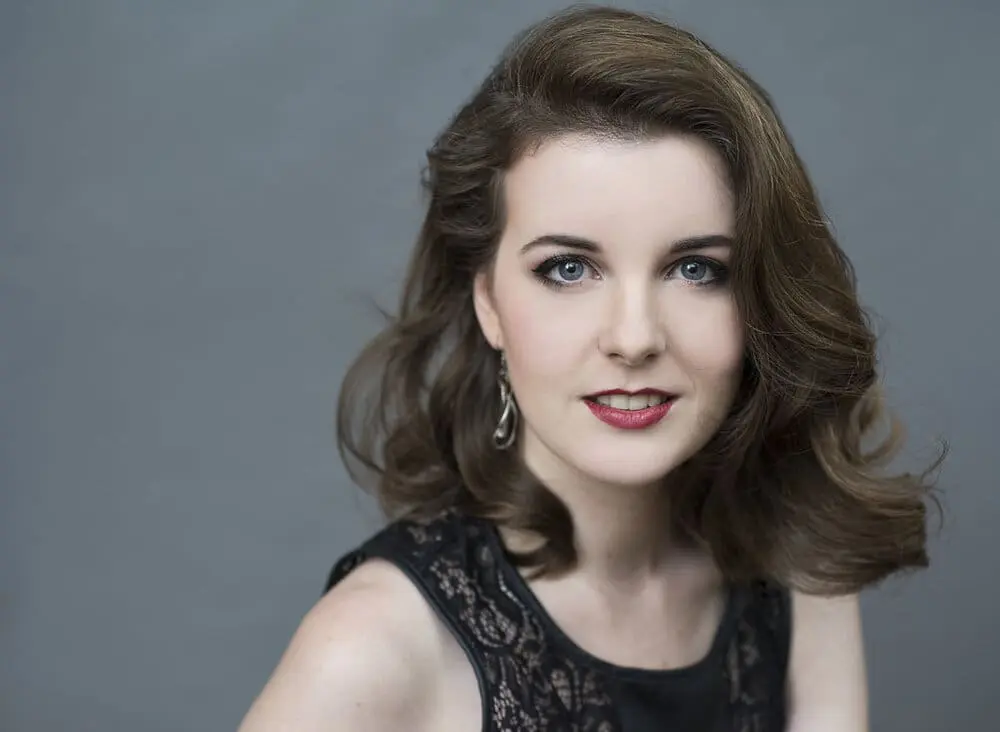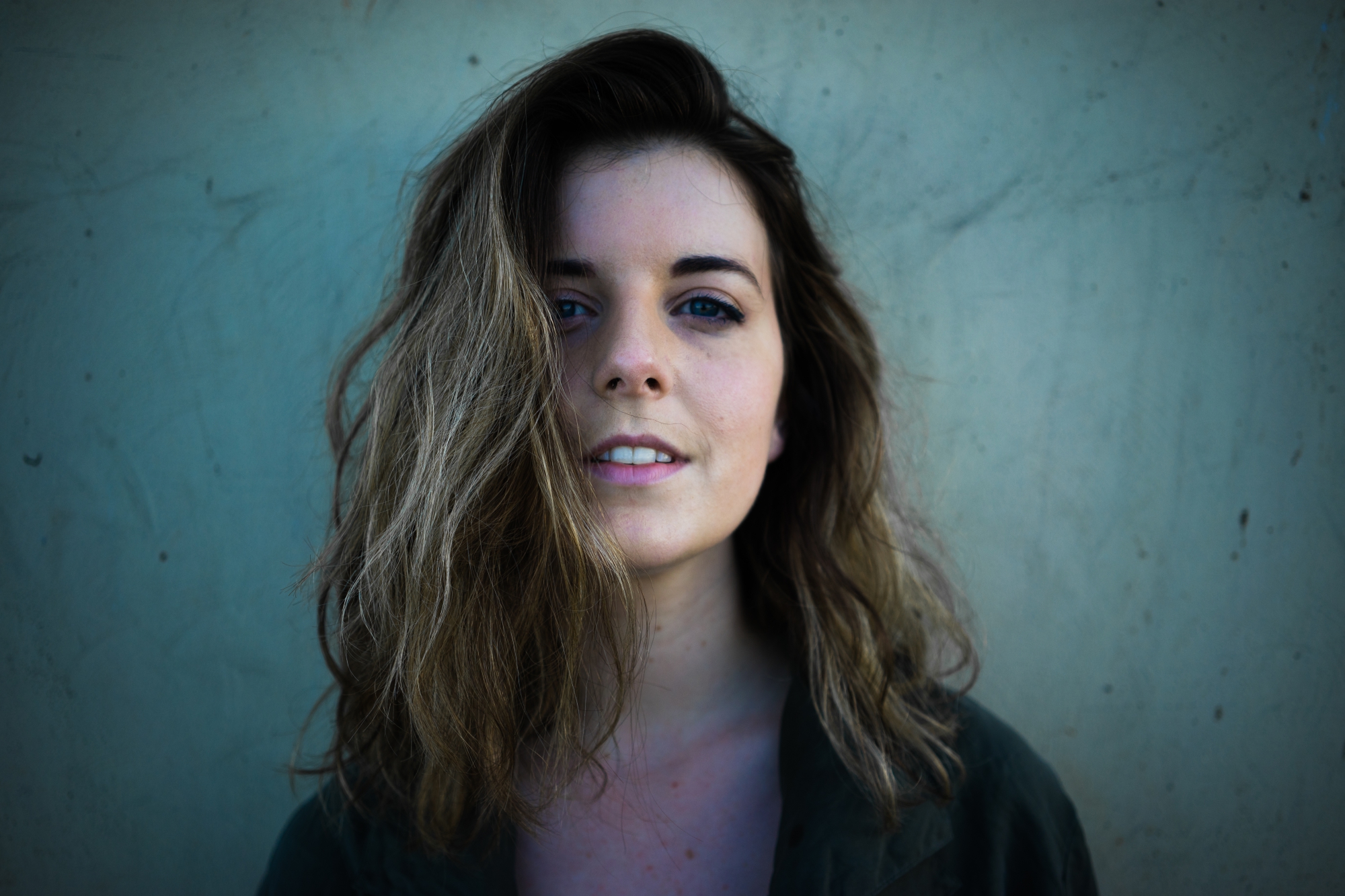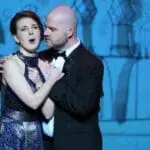This is the continuation of a new series of Q&As with the artists of Canada’s opera scene. After our “Quarantine Questions” from the spring/summer of 2020, we’re checking in once again with these artists as they share new perspectives on mid-pandemic opera. Next up: mezzo-soprano Simone McIntosh:
After nearly a year away from a “normal” performance calendar, what perspective have you gained about the worlds of opera and classical music? What is its importance to you, and how does this compare to this time last year?
“Oof, starting with a hard hitter! 2020 was a transformation year to say the least! We’ve been forced to take a good hard look at ourselves and question who we are to the core as people, companies, and industries as a whole. On a personal level, I certainly experienced this immense amount of reflection. I took a massive step back from social media and technology, which I noticed was having a huge negative impact on my mental well-being. My reflection was painful, frustrating, and dismal at times, but in my pain I found a new perspective on how I view the world and the purpose of art.
“The role of an artist is integral in our society. It is a duty for artists and arts organizations to communicate truths, reflect on other’s perspectives, and provide a space for healing and self reflection. I don’t know if I would have said that last year.
“On another note, while this year has been deeply challenging and distressing for the classical music industry, it has opened an opportunity for desperately needed radical change for the companies within. For me, I reckoned with recognizing how I may have benefitted from my whiteness, and physical attributes. I learned a lot about complicit bias while also learning about black and Indigenous histories in Canada and America. I still have a lot of learning to do.
“Here’s my not-radical statement: The artistic space should, and should always be a place where people of every race, gender, religion, body type, sexual orientation and identity feel comfortable and well represented within. In rehearsals, creative teams, administrations, audiences, everywhere.”
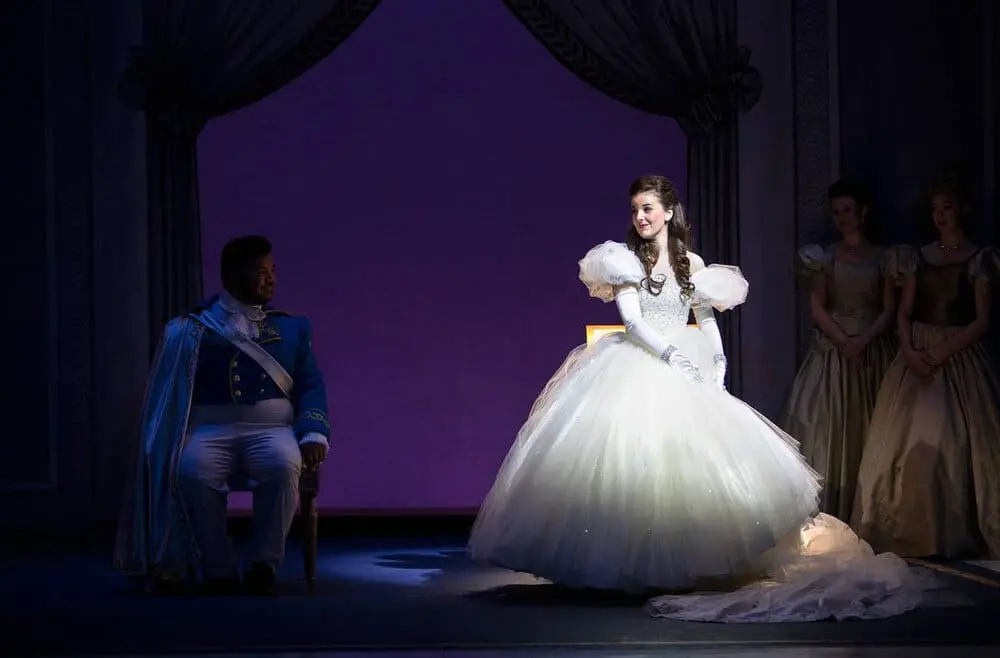
Simone McIntosh (Angelina) and Charles Sy (Don Ramiro) in La Cenerentola, Vancouver Opera. Photo: Tim Matheson.
What do you miss the most about giving and hearing live performances?
“I miss people. I am such a social being. I miss the energy of the room and getting to experience art together. How incredible will it be when we can be in a room together and laugh or cry? I can’t wait.”
What activities or pursuits have you taken up since last March? Do you have any new interests or passions you can tell us about?
“I had several discoveries of things I enjoy this year! For the first time I went backcountry camping… And then went another four times! Had a few car camping excursions, one of which was in late November up in Killarney. It was so cold, but the benefits of camping that late in the season were great. No people, no noise, and probably the best campsite view in the campground!
I found more time for hobbies I love that I often don’t have time for. Sewing, knitting, cross-stitch, card making, etc. More recently, I’ve spent more time reading poetry and books on political behaviour, writing letters to friends, and writing mediocre poetry when I can’t fall asleep.”
“I believe that 2020 showed the true colours from opera companies and their respective leaders this year.”
What advice do you have for your fellow artists, for staying motivated and engaged during such a difficult time?
“This was a major hurdle for me this year! I’m an entirely goal oriented person, so when the goals are taken away the motivation goes with it. While I think it’s lovely that we’ve been able to have video concerts, I find that it takes about 10x the effort in getting those projects going without the live counterpart.
“What has helped for me is being kind to myself and my voice. It is so easy to be beholden to our negative thoughts, which will, in turn, become negative actions. Meditation and positive journaling (my inner cheerleader) have been incredibly helpful in negating my inner saboteur.”
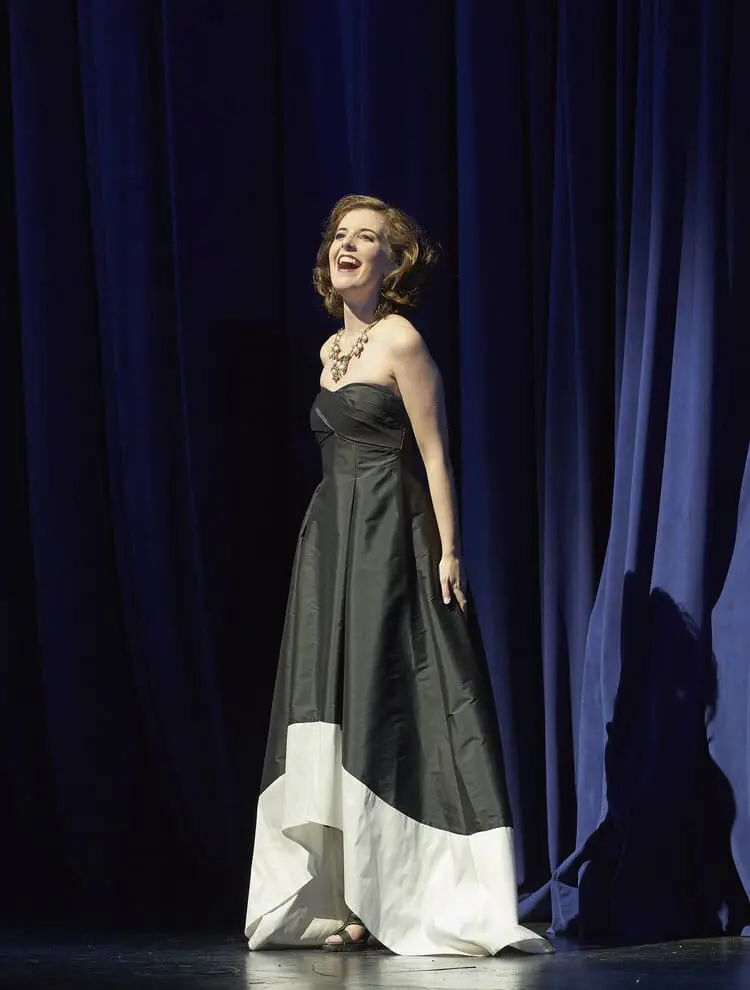
Canadian Opera Company Ensemble Studio Competition First Prize winner mezzo-soprano Simone McIntosh, Centre Stage 2016. Photo by Michael Cooper.
When performances can resume, what do you think opera can or should say with its output? What sort of platform will it have, post-COVID?
“We are currently in the transition period for several aspects; COVID, economically, politically, socially. There is simply no way that we can predict what will happen. I am hopeful that people flock to opera houses to feed the lack of live entertainment we’ve had, while I am equally pessimistic that many houses will shut down, or audiences can’t afford to come. I don’t know.
“I am hopeful that our industry leaders are listening and changing accordingly. I believe that 2020 showed the true colours from opera companies and their respective leaders this year. Some had beautiful examples of empathy and understanding, for that I’m glad. But oooh boy! Other companies have some serious figuring out to do!
“Personally, I came to realize my position as an artist in this world, as I mentioned earlier. My teacher at McGill, Dominique Labelle, would say to us every Monday studio class, ‘We are servants to the music.’ I understand now.”
To request or suggest an artist for our ongoing series of Q&As, reach out at outreach@operacanada.ca

